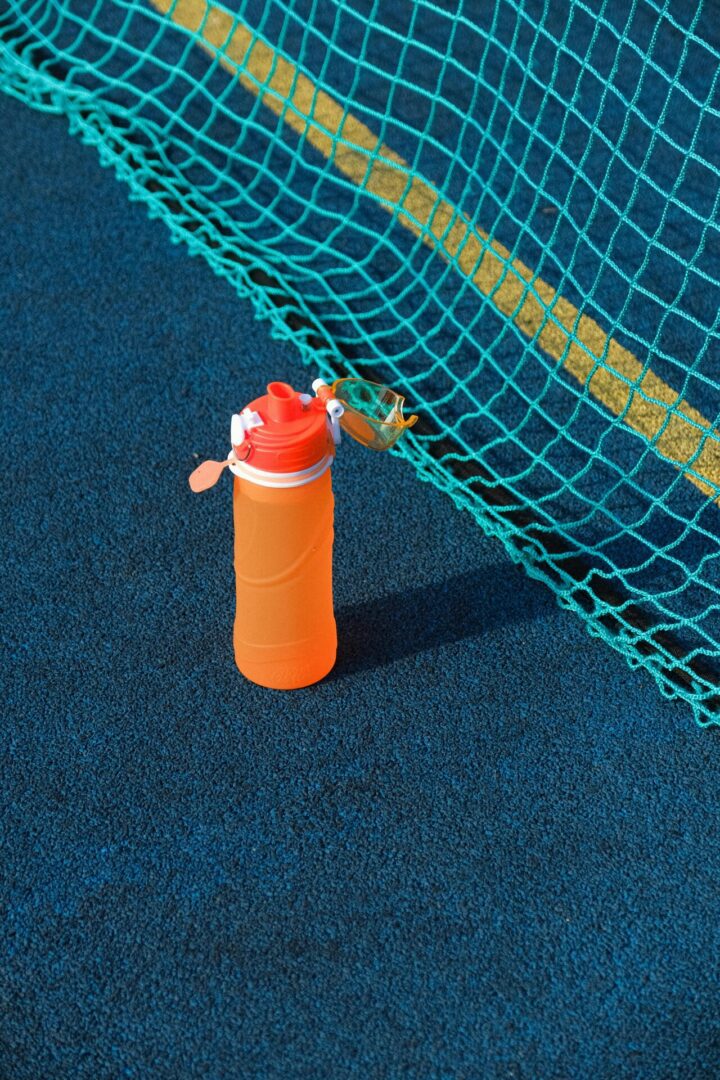Summer Heat: Staying Cool-Natural Summer Wellness Strategies
Practical Tips to Beat the Summer Heat Naturally
Summer heat can be challenging to manage, especially when temperatures soar and the risk of overheating increases. Staying cool is not just about comfort; it’s essential for maintaining good health and preventing heat-related illnesses. Here are some natural wellness strategies to help you stay cool and refreshed during the hottest months.
What to Wear During Summer Heat
To combat summer heat, it’s important to wear clothing that allows your skin to breathe. Opt for loose-fitting garments made from breathable fabrics such as cotton, linen, modal, rayon, viscose, bamboo, and silk. These materials promote airflow and help wick moisture away from your skin, keeping you cooler.
Avoid fabrics that trap heat and restrict airflow, like polyester, nylon, spandex, denim, leather, and satin. If you have sensitive skin conditions such as eczema or psoriasis, breathable fabrics are even more critical, as tight or heat-retaining clothing can aggravate these issues.
Skin Hydration Tips for summer heat
Keeping your skin hydrated during summer heat is vital to prevent dryness and irritation. However, heavy creams can trap heat and clog pores, worsening skin problems like acne or eczema. Instead, use lighter, breathable moisturizers such as aloe vera gel and natural oils like jojoba, argan, or camellia oleifera oil.
Aloe vera is especially beneficial because it has a natural cooling effect. Applying it to areas like your back, abdomen, face, chest, or the inside of your wrists can help lower your body temperature and soothe the skin.
Hydration and Drinks to Combat Summer Heat
Proper hydration is key during summer heat. Drink plenty of fluids enriched with electrolytes such as sodium, magnesium, and potassium to replenish what you lose through sweating.
Limit your coffee intake, as caffeine can increase internal heat. Even iced coffee only provides temporary relief before warming you up again. Instead, enjoy cooling herbal teas like green tea, spearmint, peppermint, or chrysanthemum.
Adding lemon or other sour fruits to your water helps hydrate your mouth and reduce dry mouth sensations, making it easier to stay hydrated.
Be cautious with cold alcoholic drinks like margaritas or frozen piña coladas. While they may feel refreshing initially, they can increase your internal heat and strain digestion over time.
Foods to Eat and Avoid During summer heat
During summer heat, avoid heavy, hard-to-digest foods that produce internal heat, such as fried foods, rich stews, sugary treats, and high-dairy products. These can burden your digestive system and increase body heat.
Instead, focus on lighter meals with fresh fruits, vegetables, and cooling foods that support digestion and hydration. Gradually incorporate these dietary changes and observe how your body responds.
Additional Natural Strategies to Manage summer heat
Managing summer heat effectively requires a holistic approach that goes beyond clothing and hydration. Incorporating lifestyle habits and environmental adjustments can significantly improve your comfort and health during hot weather.
Optimize Your Environment
Creating a cooler living space is essential to combat summer heat. Use fans and air conditioning wisely to maintain a comfortable indoor temperature. When using air conditioning, set it to a moderate temperature to avoid sudden temperature shocks when moving between indoors and outdoors.
Keep curtains or blinds closed during the hottest parts of the day to block direct sunlight and reduce indoor heat buildup. Using light-colored or reflective window coverings can further minimize heat absorption.
If air conditioning is not available, consider placing bowls of ice or cold water in front of fans to create a cooling mist effect. Opening windows during cooler morning or evening hours allows fresh air circulation without increasing indoor temperature.
 Timing Outdoor Activities
Timing Outdoor Activities
During summer heat, plan outdoor activities for early morning or late evening when temperatures are lower. Avoid strenuous exercise or prolonged sun exposure during peak heat hours, usually between 10 a.m. and 4 p.m.
If you must be outside during the hottest parts of the day, take frequent breaks in shaded or air-conditioned areas, wear a wide-brimmed hat, and apply natural, breathable sunscreen to protect your skin from UV damage.
Cooling Foods and Beverages
In addition to avoiding heat-producing foods, incorporating cooling foods into your diet can help regulate body temperature. Foods with high water content such as cucumbers, watermelon, celery, and leafy greens provide hydration and have natural cooling properties.
Soups and smoothies made with cooling ingredients like mint, coconut water, and citrus fruits can refresh and nourish your body. Incorporate herbs like cilantro and basil, which are traditionally used in many cultures to combat heat.
Avoid excessive salt intake as it can lead to dehydration. Instead, balance electrolytes with natural sources like coconut water, which replenishes potassium and magnesium.
Mindful Breathing and Relaxation
Stress and anxiety can increase internal heat and exacerbate discomfort during summer heat. Practicing mindful breathing techniques such as deep diaphragmatic breathing or alternate nostril breathing can calm the nervous system and promote relaxation.
Yoga and gentle stretching in a cool environment help improve circulation and reduce muscle tension without overheating the body. Incorporating these practices into your daily routine supports overall well-being and resilience against heat stress.
Skin Care Tips for summer heat
Protecting your skin from the harsh effects of summer heat involves more than just moisturizing. Use natural, non-comedogenic sunscreens with mineral-based ingredients like zinc oxide or titanium dioxide to shield your skin without clogging pores.
After sun exposure, soothe your skin with cooling aloe vera gel or cucumber slices to reduce inflammation and redness. Avoid heavy makeup or skincare products that can trap heat and sweat, opting instead for lightweight, breathable formulas.
Regular gentle exfoliation helps remove sweat, dirt, and dead skin cells, preventing clogged pores and heat rashes. Always cleanse your skin with lukewarm water rather than hot water to avoid stripping natural oils.
Hydration Beyond Water
While water is essential, diversifying your hydration sources can enhance your body’s ability to cope with summer heat. Herbal teas served cold, such as hibiscus or chamomile, provide antioxidants and promote hydration.
Infused waters with slices of cucumber, lemon, or berries add flavor and nutrients that encourage increased fluid intake. Eating hydrating fruits and vegetables also contributes to your daily water needs.
Be cautious with sugary or caffeinated beverages, as they can contribute to dehydration. Opt for natural, low-sugar options to maintain optimal hydration levels.
By integrating these additional strategies with your existing summer heat wellness practices, you can better protect your body from overheating, maintain energy levels, and enjoy the season safely and comfortably.


 Timing Outdoor Activities
Timing Outdoor Activities
